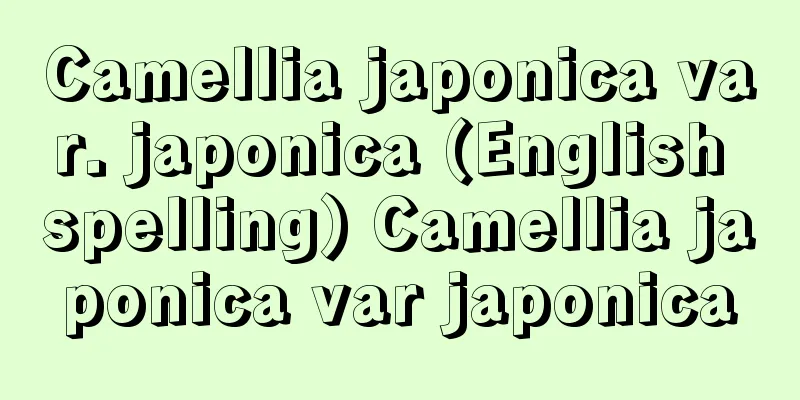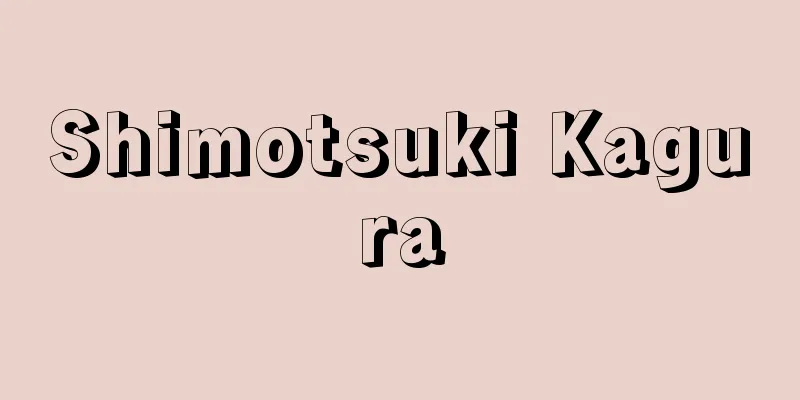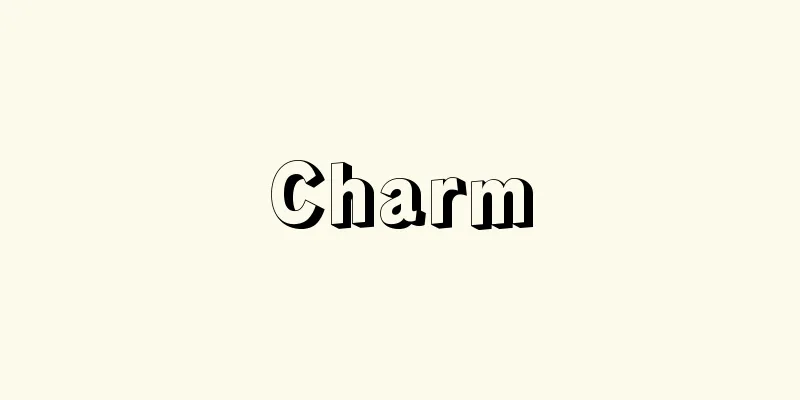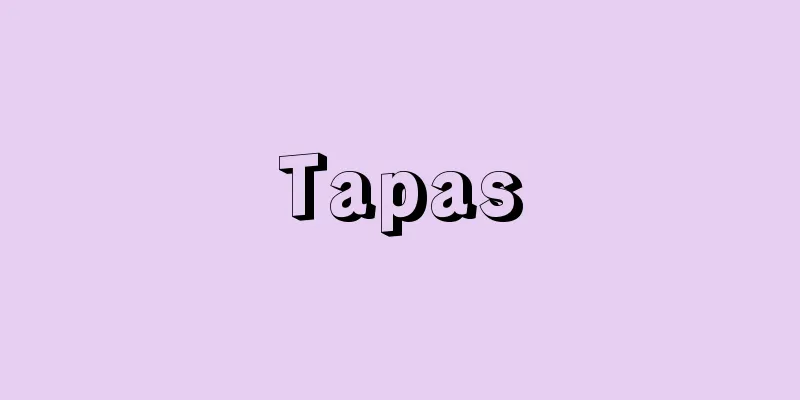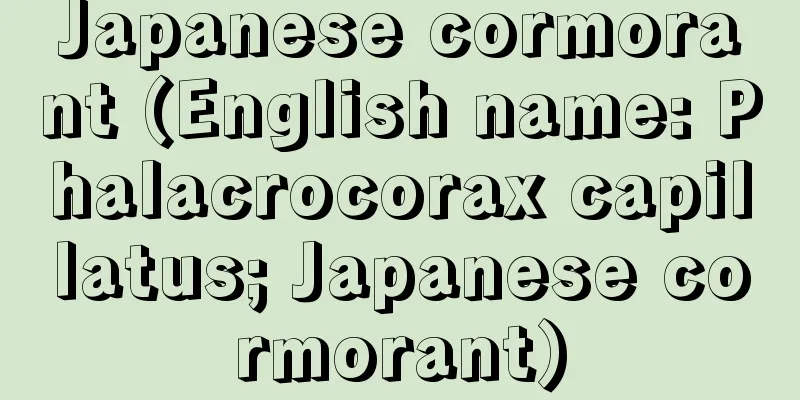Pilfering - Nukeni
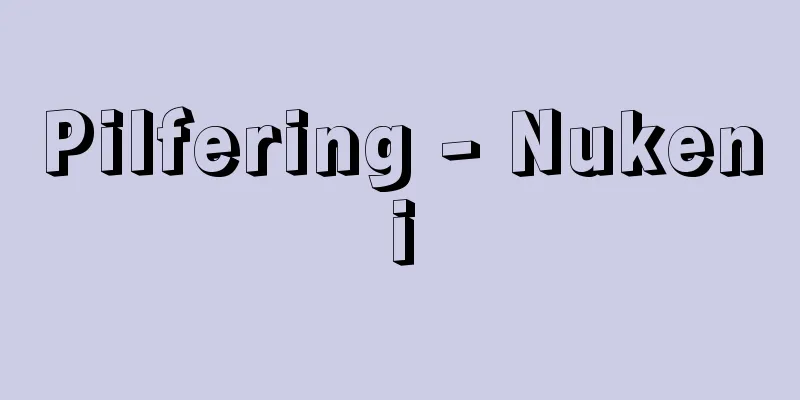
|
Smuggling in the Edo period. It was mainly conducted with foreigners (Holland, China) coming to Japan, and smuggling conducted by Tsushima clan members with Korea was called nukebune. Smuggling occurred in response to the shogunate's tightening of control over Nagasaki trade. When the ban on smuggling was first issued in 1670 (Kanbun 10), the total amount of trade was restricted by the so-called city law, which specified merchants who could participate in the bidding for cargo on Chinese and Dutch ships and limited the amount of trade. In 1685 (Jokyo 2), trade was further reduced by the start of fixed-price trade, which limited the total amount of trade by Chinese ships to 6,000 kan of silver and Dutch ships to 50,000 ryo. When the trade limit was reached, Chinese ships that had not yet completed their trade were called "tsumimodoshi ships" and were not allowed to unload their cargo and had to return home, and smuggling became frequent, especially after the implementation of the Jokyo Order. Furthermore, the Satsuma Domain took advantage of the fact that trade with Ryukyu had been officially recognized by the Tokugawa shogunate, and imported Chinese goods as local products of Ryukyu. Although it was prohibited to sell these goods outside the domain, they sold them in Nagasaki, or smuggled goods in bags (fried sea cucumbers, dried abalone, shark fins) in Niigata and other places and sent them to China on Ryukyu ships, thus consistently pilfering cargo. The majority of the goods pilfered were copper, reflecting the strong desire of both China and the Netherlands for copper as a trade commodity, while the Japanese side pilfered Korean ginseng, white thread, saya, rinzu, and various medicines. The shogunate imposed severe penalties, including the death penalty, on ordinary pilfering, but did not punish the foreigners who were the pilferers, nor did it punish the big players, such as those from the Satsuma domain, so pilfering could not be eradicated even until the end of the Edo period. Furthermore, under the domain-run monopoly, the act of secretly taking specific goods out of the domain was also called pilfering. [Numata Satoshi] "Takeo Itazawa, "The Actual Condition of Smuggling in the Period of National Isolation" (Hosei University Faculty of Letters Bulletin 7-1)" ▽ "Yamawaki Teijiro, "Smuggling" (1965, Nikkei Shinsho)" [Reference] |Source: Shogakukan Encyclopedia Nipponica About Encyclopedia Nipponica Information | Legend |
|
江戸時代における密貿易。主として日本に渡来する外国人(オランダ、中国)との間で行われた密貿易であり、対馬(つしま)藩の者が朝鮮との間で行った密貿易は抜船(ぬけぶね)といった。抜荷は長崎貿易に対する幕府の統制が厳重になることと相応じておこったものである。1670年(寛文10)の抜荷禁令の初出のころには、唐・蘭(らん)船積荷入札参加商人の指定と商売高を限定するいわゆる市法により、貿易総高が抑えられ、さらに85年(貞享2)唐船の貿易総額銀6000貫以内、蘭船は5万両という定高貿易の開始により貿易が縮小されたため、貿易限度額を終えた時点で貿易未終了の唐船は積戻(つみもどし)船といって積荷の陸揚げを許されず帰帆せねばならぬということになり、とくにこの貞享(じょうきょう)令実施以降、抜荷が頻発するに至った。 また薩摩(さつま)藩は幕府から琉球(りゅうきゅう)との貿易を公認されていたのを利用して、琉球国産物として唐物を輸入し、藩外売りさばきを禁止されていたにもかかわらず、長崎で売りさばき、あるいは俵物(ひょうもつ)(煎海鼠(いりこ)、乾鮑(ほしあわび)、鱶鰭(ふかのひれ))を新潟などで密買し、琉球船により中国へ送らせるなど一貫して抜荷を行っていた。抜荷の品としては、中国、オランダはともに貿易品として銅を強く求めていたことを反映して銅が多く、日本側は朝鮮人参(にんじん)、白糸、紗綾(さや)、綸子(りんず)、各種の薬などであった。幕府は一般の抜荷には死刑を含む厳刑をもって臨んだが、抜荷の相手である外国人には処罰を加えず、また薩摩藩のごとき大物を処罰しなかったため、幕末に至るまで抜荷を根絶することはできなかった。なお藩営専売下で、ひそかに特定商品を領外に持ち出すことも抜荷と称した。 [沼田 哲] 『板沢武雄「鎖国時代における密貿易の実態」(『法政大学文学部紀要』7-1所収)』▽『山脇悌二郎著『抜け荷』(1965・日経新書)』 [参照項目] |出典 小学館 日本大百科全書(ニッポニカ)日本大百科全書(ニッポニカ)について 情報 | 凡例 |
<<: A visit to a shrine - A visit to a shrine
Recommend
gravitational wave
…(1) gravitational wave The way a stationary dist...
Maurer, Georg Ludwig von
Born: November 2, 1790, Erpolzheim, Pfalz Died May...
Kitazawa Taneichi
...This type of local education placed emphasis o...
Amaranthus patulus (English spelling) Amaranthus patulus
…[Tetsuichi Yahara]. … *Some of the terminology t...
University of London - London University
The first modern university in the UK. It was fou...
Water mass - Suikai (English spelling)
A large mass of seawater in the ocean that has si...
Linoleic acid - Linoleic acid
It is a typical n-6 (ω6) polyunsaturated fatty ac...
Masatsuna Okuno - Masatsuna Okuno
Year of death: December 5, 1910 (Meiji 43) Year of...
Kakishimeji (persimmon) - Tricholoma ustale
Basidiomycete fungi, order Matsutake, family Shime...
Turnip swallowtail fish - Turnip swallowtail fish
…The one attached to the ridgepole of a karahafu ...
Caramelized candy - Caramelized candy
〘Noun〙 (Karume is an abbreviation of "Carmela...
Nonharmonic tone (note) English
A term used in modern Western harmony to refer to...
Gentiana nipponica (English name)
… [Toyokuni Hideo]. … *Some of the terminology th...
Miyamoto Musashi
Year of death: 13 June 1645 (2nd year of the Shoho...
Gidran - Gidran
…(3) Anglo-Arab: A hybrid of the Arabian and Thor...

